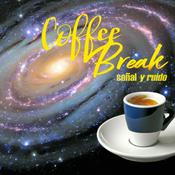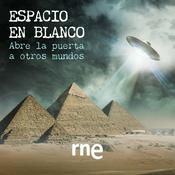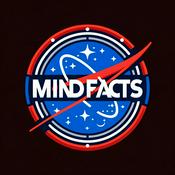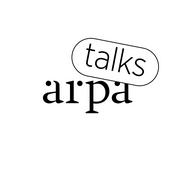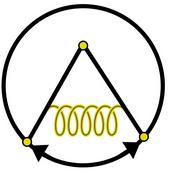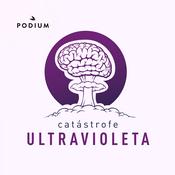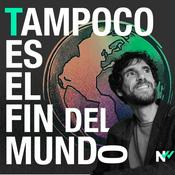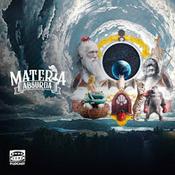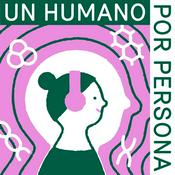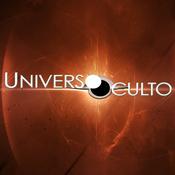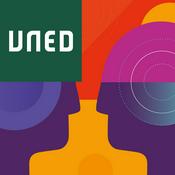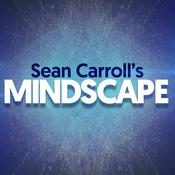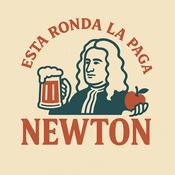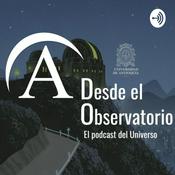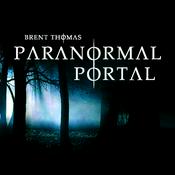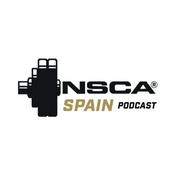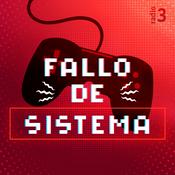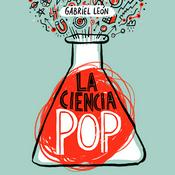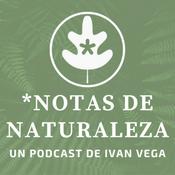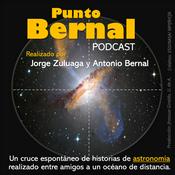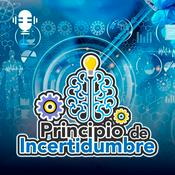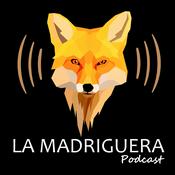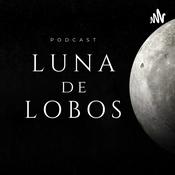168 episodios
From ancient grain mills to massive offshore turbines: Why wind energy was — and still is — a big deal
18/2/2026 | 37 minFor over a thousand years, humans have been harnessing wind energy. It may have begun with small, grain‑grinding windmills in ancient Persia, but today you might spot Hoover‑Dam‑sized offshore turbines as you drive along the east coast. How did we get here? In this episode of Tiny Matters, we explore the first electric wind turbines built in the late 1800s, how government policies in the 1970s and ’80s shaped the modern wind industry, and why giant offshore wind farms are suddenly in the news. We also clear up misinformation stemming from a Hollywood blockbuster as well as what we know about the impact of wind farms on whales, birds and bats.
In this episode, we explore the surprising origins and evolution of one of modern medicine’s most important tools: the clinical trial. We follow the development of experimental design across centuries to modern day randomized controlled trials and the debates about their limitations, trying to answer the question, “How do we know whether a treatment truly works?”
Send us your science facts, news, or other stories for a chance to be featured on an upcoming Tiny Show and Tell Us bonus episode. And, while you're at it, subscribe to our newsletter!
All Tiny Matters transcripts and references are available here.
See Privacy Policy at https://art19.com/privacy and California Privacy Notice at https://art19.com/privacy#do-not-sell-my-info.- In this episode of Tiny Show and Tell Us, we explore a listener’s tip about a new source of tire rubber — the Russian dandelion — and the science behind what makes it such an incredible and sustainable source of natural latex rubber. Then we answer a listener’s question about a vaccine for fentanyl that will stop the drug from reaching the brain, preventing overdose.
We need your stories — they're what make these bonus episodes possible! Write in to [email protected] *or fill out this form* with your favorite science fact or science news story for a chance to be featured.
A transcript and references for this episode can be found at acs.org/tinymatters.
See Privacy Policy at https://art19.com/privacy and California Privacy Notice at https://art19.com/privacy#do-not-sell-my-info.
Más podcasts de Ciencias
Podcasts a la moda de Ciencias
Acerca de Tiny Matters
Science shapes every part of our lives, but so much of its influence is overlooked or buried in the past. Tiny Matters is an award-winning podcast about tiny things — from molecules to microbes — that have a big and often surprising impact on society. From deadly diseases to forensic toxicology to the search for extraterrestrial life, hosts and former scientists Sam Jones and Deboki Chakravarti embrace the awe and messiness of science and its place in history and today, and how it could impact our world’s future. New episodes every Wednesday. Tiny Matters is brought to you by the American Chemical Society, a non-profit scientific organization based in Washington, D.C., and is produced by Multitude.
Sitio web del podcastEscucha Tiny Matters, Materia Oscura y muchos más podcasts de todo el mundo con la aplicación de radio.es
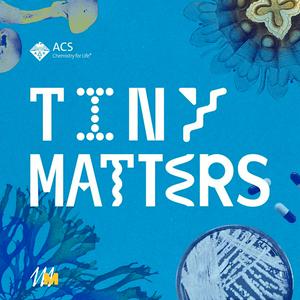
Descarga la app gratuita: radio.es
- Añadir radios y podcasts a favoritos
- Transmisión por Wi-Fi y Bluetooth
- Carplay & Android Auto compatible
- Muchas otras funciones de la app
Descarga la app gratuita: radio.es
- Añadir radios y podcasts a favoritos
- Transmisión por Wi-Fi y Bluetooth
- Carplay & Android Auto compatible
- Muchas otras funciones de la app


Tiny Matters
Escanea el código,
Descarga la app,
Escucha.
Descarga la app,
Escucha.



